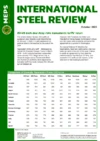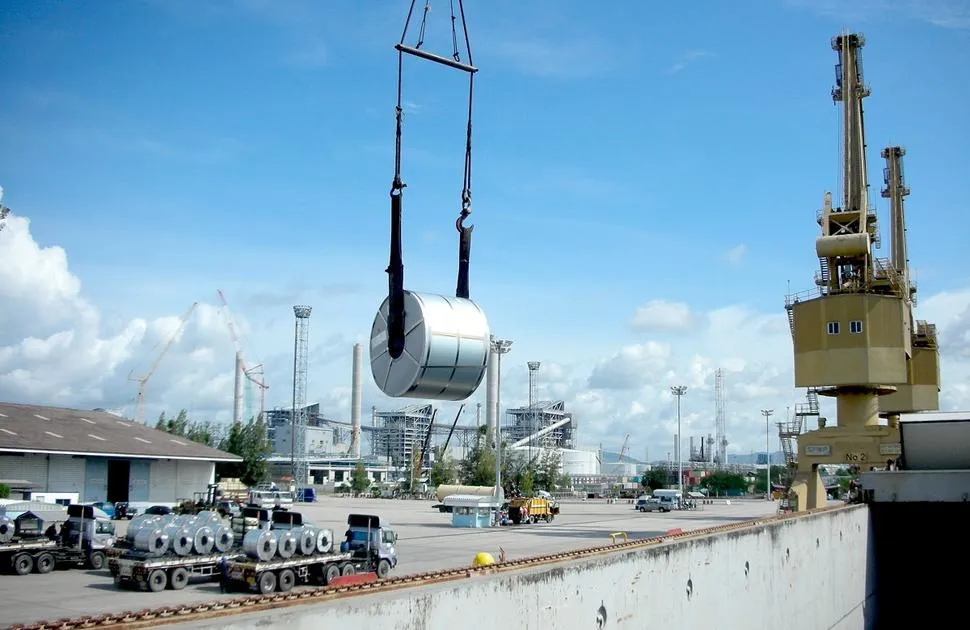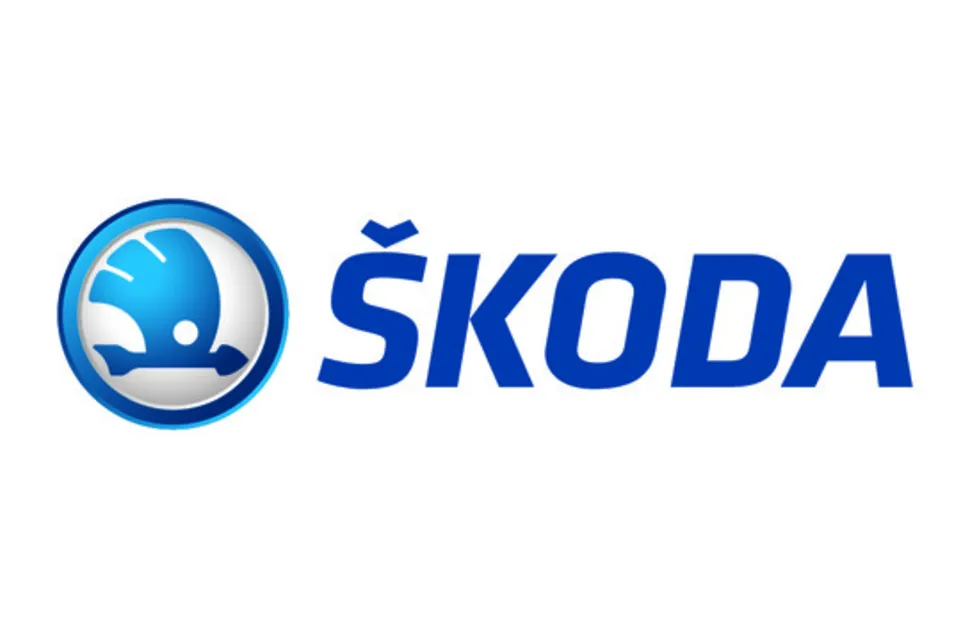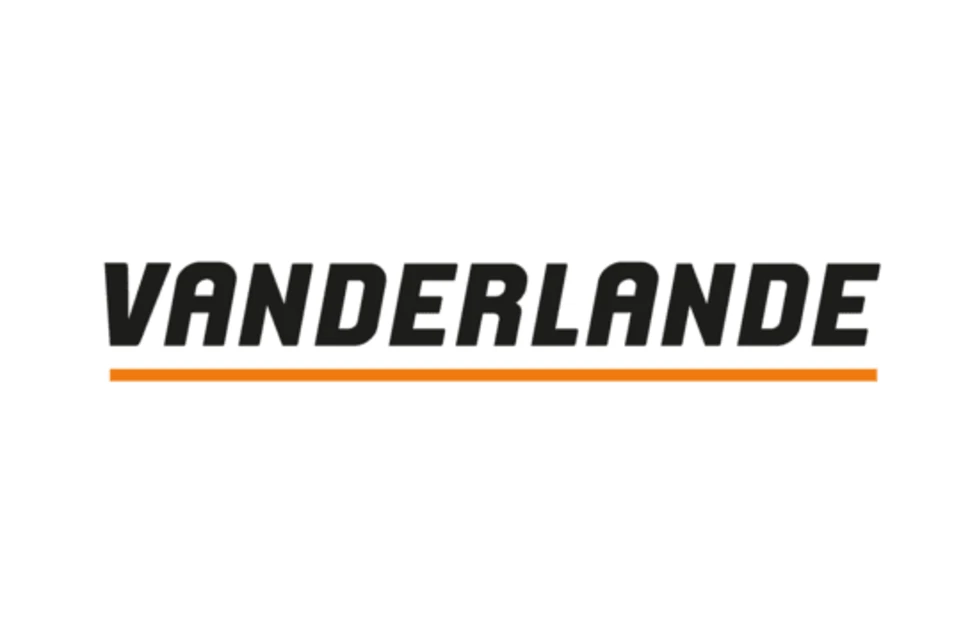Buyers question the need for continued trade protection
MEPS detects an increasing trend for steel markets, across the world, to be encouraged to look inwards in terms of supply. This is being facilitated by growing trade protection measures, the high cost of shipping, and environmental concerns.
Steel buyers in many countries are becoming increasingly frustrated at the lack of material available in their local markets and the obstructions to obtaining foreign supply.
On June 11, 2021, the European Commission set out its proposals to extend the steel safeguards. This would prolong the quota and tariff system that is currently in place, by a further three years. It includes a three percent annual uplift in tariff-free import volumes.
European steel buyers and traders are questioning the need for any continuation of these measures. They argue that alleviating shortages in the local market is vital to the overall health of the EU steel sector. The mills state that protection measures are required so they can invest in sustainable, and greener, methods of production.
Section 232 tariffs continue to be a barrier to imports into the US. Recent meteoric rises in steel prices and low availability have sparked renewed interest from customers looking for material outside of the domestic market.
However, they complain about the additional costs incurred due to the 25 percent tariffs. Several products have gained exemptions. Nevertheless, many US buyers now wish to see the complete removal of the trade restrictions.
A potential agreement between the EU and US government to lift duties incurred on trade between the two regions could be made later this year. Speculation exists that this may then lead to further exclusions for other countries, particularly where established trade agreements are already in place.
This will do little to improve the availability of steel in either region. Most shipments between the two trading partners are for high specification steel products.
It is certainly true that current international price levels offer steelmakers extremely healthy profits. If trade restrictions in the EU and US were to be removed, concern exists that this would result in mills returning to a period of subdued margins, or even a loss-making scenario.
However, a continuation of these measures is adding to shortages in these markets and creating a global steel price bubble, which is negatively affecting downstream manufacturing companies.

Source:
International Steel Review
The MEPS International Steel Review is an essential monthly publication, offering professional analysis and insight into carbon steel prices around the world.
Go to productRequest a free publication






